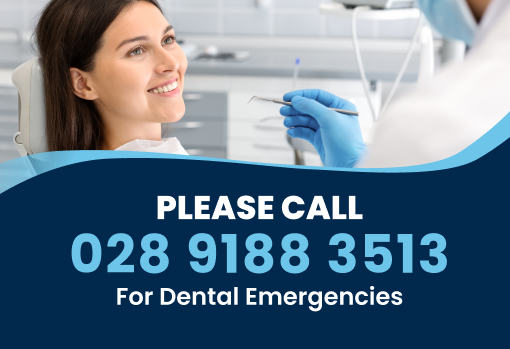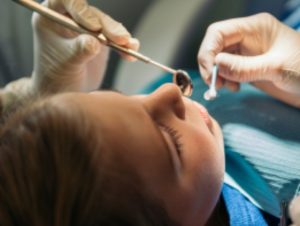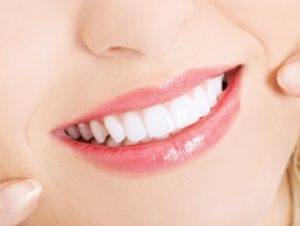Encouraging children to take good care of their teeth may not always be easy, but it is certainly worthwhile. Building up good dental habits early will mean that they can enjoy healthier teeth, a brighter smile and less stressful trips to see the dentist. So, as young people’s lives grow busier and busier, how can we help them establish the right dental routine to carry them through to adulthood?
Routine ready
Introducing a healthy tooth care routine can be done as early as toddlerhood, even before the child’s teeth have fully come in. You can use a very soft brush to clean the gums and any new teeth peeping through. Do this morning and night to get the child used to having the brush in their mouth. As the child’s teeth come through more, use a child-friendly toothpaste with added fluoride for protection. Once they are old enough to hold the brush and clean their teeth by themselves, let them practise, but stay close by to make sure they reach all the right areas in their mouth.
Brush strokes
Get your child to brush their teeth for at least two minutes, twice a day. You can get special teeth cleaning timers to help them learn how long this is, or you can use an egg timer or stopwatch. Supervise them doing this until around. the age of seven or eight years old. Replace brushes regularly and show them how to use dental floss and mouthwash to reach the more difficult areas and dislodge any stubborn bits of food from in between the teeth. Ask your dentist to show your child how to brush correctly if they are unsure. They can also provide advice on which brush to buy and how much toothpaste to use.
Eat well
Children are drawn naturally to sweet and sugary treats, such as ice cream, confectionary and lollies. Especially during the summer months, where these types of foods seem to be on offer at every turn. While it is not always practical to ban these types of foods completely, they should certainly be consumed in moderation. Always wait for around 30 minutes before brushing teeth after eating sugar or something acidic, so that the enamel on the surface of the teeth can have time to remineralise. Good foods and drinks for teeth include cheese, yoghurt and milk, crunchy and leafy green vegetables, nuts and water with added fluoride.
Be safe
Never let your child run or jump around with their toothbrush in their mouth. This can be extremely dangerous if they fall over face first. Don’t let them play with toothbrushes – keep them in the bathroom and wash them out with water regularly so that they stay clean and hygienic. Sporty children will also need to be careful that they don’t knock their teeth too hard while running or playing, as this can cause them to crack or even come out altogether. While this is alarming to witness and painful at the time of impact, a dentist can normally repair or replace the tooth without too much discomfort. A mouth guard can help protect teeth from this kind of accident. This should be properly fitted using a mould that is shaped precisely to your child’s mouth for a firmer, closer layer of protection.
Check-up time
Get your child acclimatised to visiting the dentist for routine check-ups as soon as possible. Full check-ups can start during their toddler years, as the dentist will need to check that their baby teeth are coming through correctly. However, you can take them along earlier than that if you wish, to get them used to seeing the surgery and equipment, and to sitting in the big chair. Your child’s dentist can also look out for any problems that could be starting in their gums, mouth and face. They will also be happy to talk about healthy eating and tooth care with you and your children. Stay positive about visiting the dentist and if you are nervous about it yourself, try hard not to show that to your child. Often, the dentist will have a sticker or other small treat to give them at the end as a reward for coming along.





